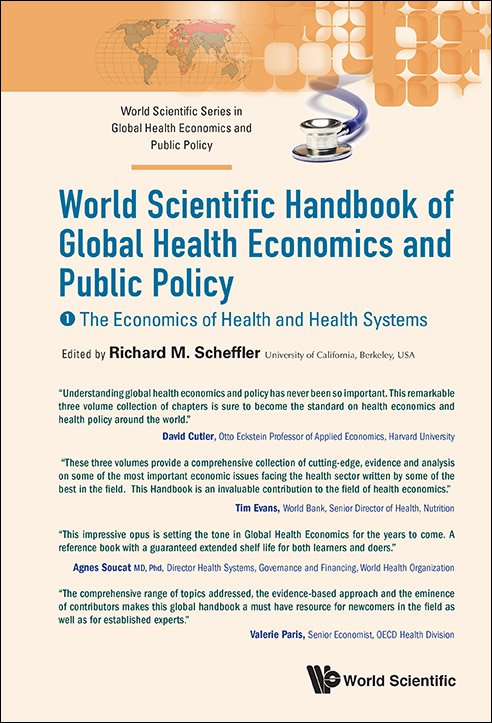Alternative Financing Strategies for Universal Health Coverage
Many countries have identified Universal Health Coverage (UHC) as the goal for their health systems, and health financing reforms are at the core of strategies to move in this direction. While there is no one “best” financing strategy that applies in every context, this chapter synthesizes both theory and practice into principles that can be used to guide country progress with their financing reforms, while also highlighting pitfalls to avoid on the path to UHC. It begins with the conceptual underpinnings of both UHC and health financing policy, arguing that the emergence of UHC after the Second World War had profound implications for public policy on health coverage, particularly with regard to the role of general government revenues and the weakening of contributory-based entitlement. This is followed by a synthesis of lessons with a particular focus on low- and middle-income countries (LMICs), including the importance of increasing reliance on compulsory revenue sources raised through diverse mechanisms, reducing fragmentation in pooling arrangements and addressing inefficiencies through strategic purchasing and effective provider payment methods (PPMs). We then address a key challenge facing LMICs — extending effective access and financial protection to the informal sector who comprise the majority of the population.


